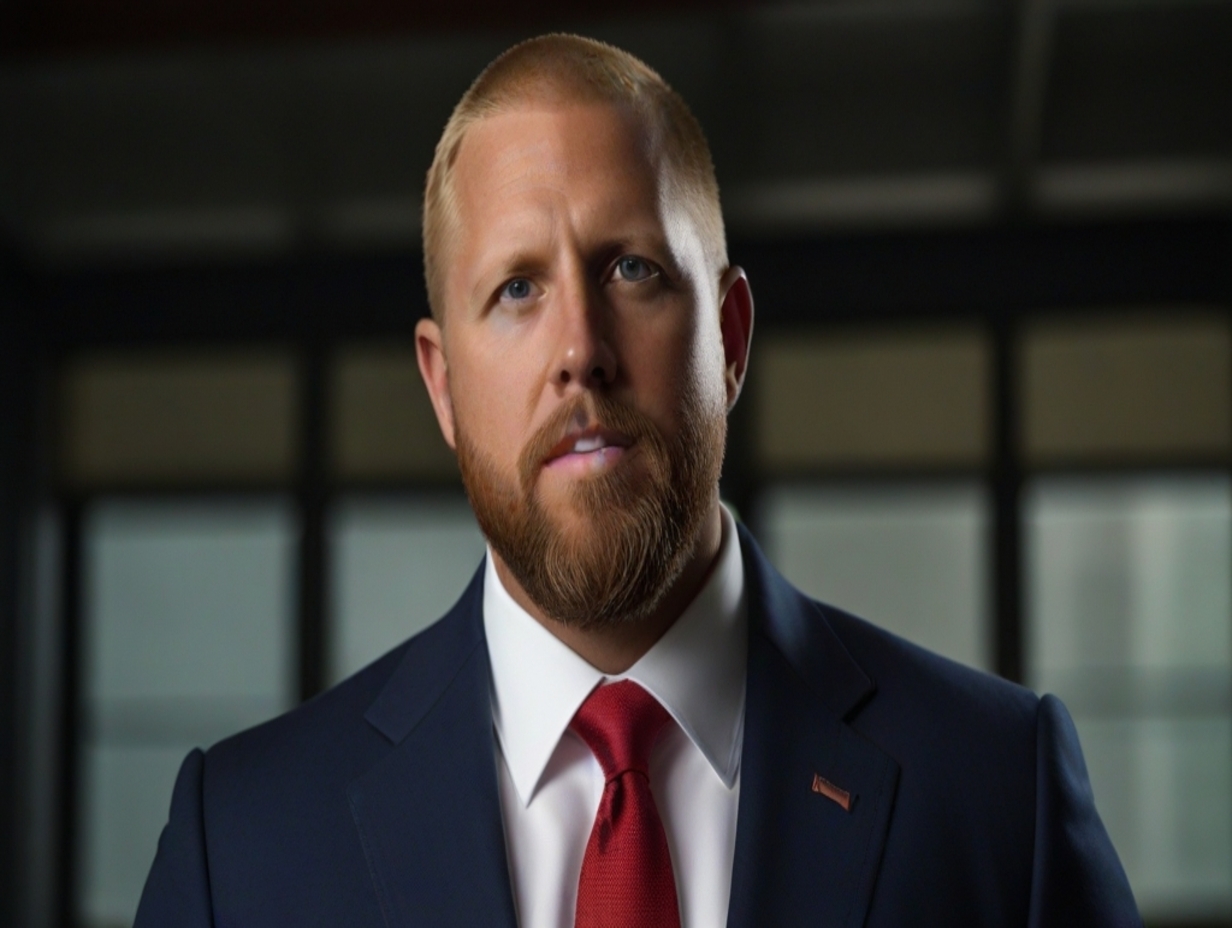In a significant move, Pope Francis has given his endorsement to the “Code with Pope” initiative, which aims to encourage children, particularly in Catholic countries, to learn computer programming. Spearheaded by Miron Mironiuk, the founder of the artificial intelligence company Cosmose AI, this global project seeks to bridge educational disparities and equip young learners with essential coding skills.
Bridging educational disparities through coding
Miron Mironiuk’s personal journey from coding enthusiast to tech entrepreneur has inspired him to create an initiative that addresses global educational disparities. He believes that coding can be a powerful tool to level the playing field in education. The “Code with Pope” initiative seeks to provide free coding education to students aged 11-15 across Europe, Africa, and Latin America.
Mr. Mironiuk shared his optimism about the Pope’s involvement, stating that it could encourage Catholic countries to embrace coding education. “We believe that the involvement of the Pope will help to convince them to spend some time and use this opportunity to learn to program for free,” he told the BBC.
Accessible coding education for all
The “Code with Pope” initiative will offer coding education through a free online learning platform, making it accessible to students from diverse backgrounds. The program aims to empower children with the basics of Python, one of the world’s most popular coding languages. In today’s digital age, coding skills are becoming as fundamental as reading and writing.
Data from the World Economic Forum in 2023 highlights the increasing demand for technology-related roles, with “the majority of the fastest-growing roles” falling into this category. However, a significant global shortage of tech skills threatens to leave 85 million job positions unfilled by 2030. To address this challenge, it has become imperative to expand access to high-quality programming education, particularly in low and middle-income countries.
Empowering catholic countries
Many of the countries where the “Code with Pope” initiative will be implemented have a significant Catholic population. For instance, Poland, the home country of Mr. Mironiuk, has a substantial Catholic demographic. Poland has also been making strides in the tech scene, particularly in the field of artificial intelligence, with companies like Google Brain, Cosmose AI, and Open AI employing Polish talent.
However, Mr. Mironiuk is keenly aware that not all countries are as fortunate in terms of technological advancement. He hopes that this educational program can help bridge the gap and provide opportunities for students in regions with limited access to coding education.
A global reach
The “Code with Pope” initiative is set to have a global reach, with educational content available in Spanish, English, Italian, and Polish. It is expected to benefit children across South America, except Brazil, as well as English-speaking nations in Africa and South East Asia. By offering coding education in multiple languages, the program aims to break down language barriers and ensure inclusivity.
This is not the first time Pope Francis has shown interest in encouraging young people to explore the world of coding. In 2019, he contributed to writing a line of code for a United Nations initiative, demonstrating his commitment to leveraging technology for the greater good.
A meeting at the Vatican
Mr. Mironiuk is set to meet Pope Francis at the Vatican, where he will discuss the “Code with Pope” initiative. While the tech entrepreneur does not expect the Pope to become a Python expert, he does anticipate that the pontiff will receive a certificate acknowledging his role in launching the program.
The “Code with Pope” initiative, endorsed by Pope Francis, represents a significant step in promoting coding education, especially in Catholic countries. It underscores the importance of equipping young learners with essential digital skills in an increasingly tech-driven world. By providing free coding education and breaking down barriers, this initiative has the potential to empower the next generation and contribute to a more inclusive and technologically proficient society.





